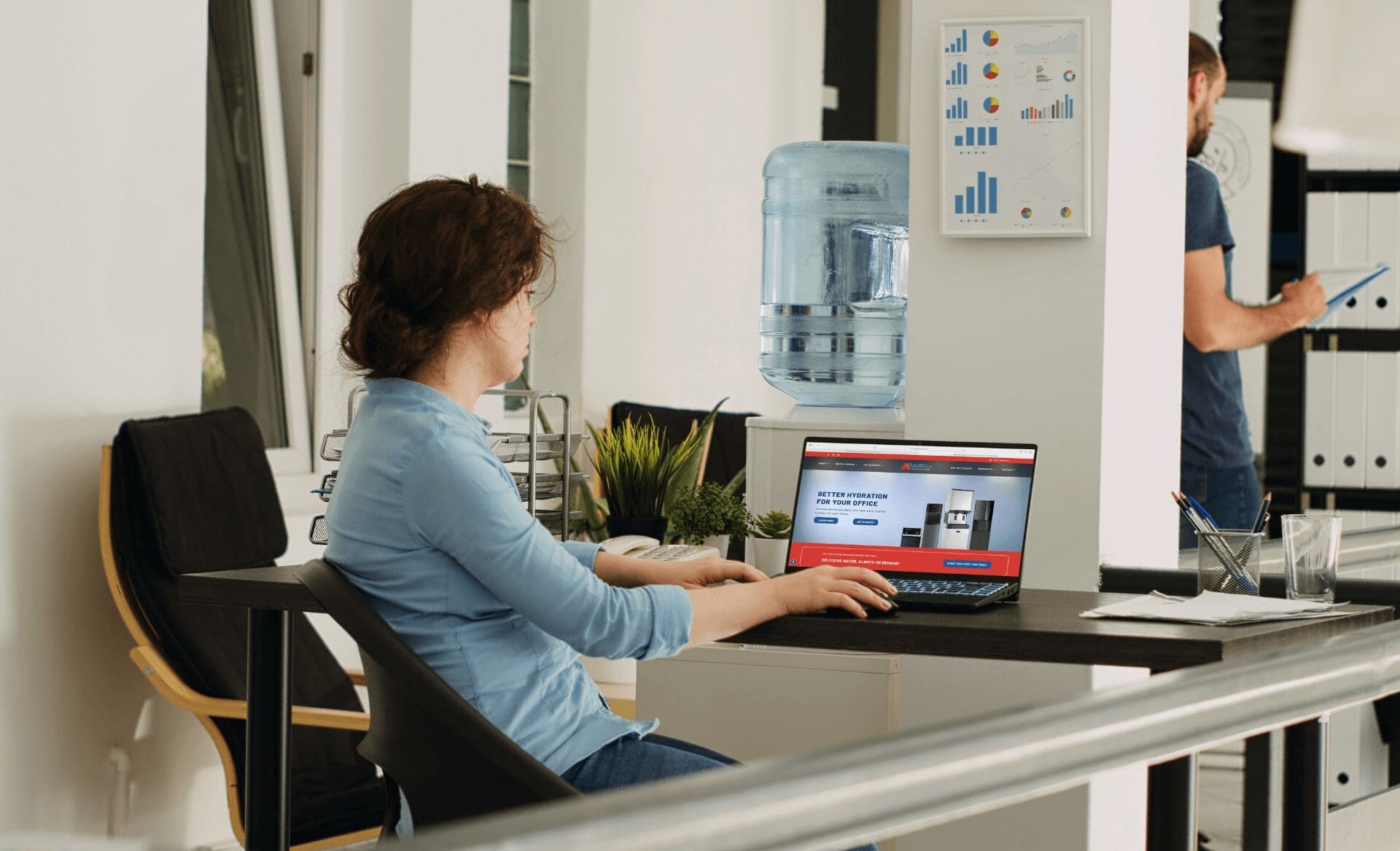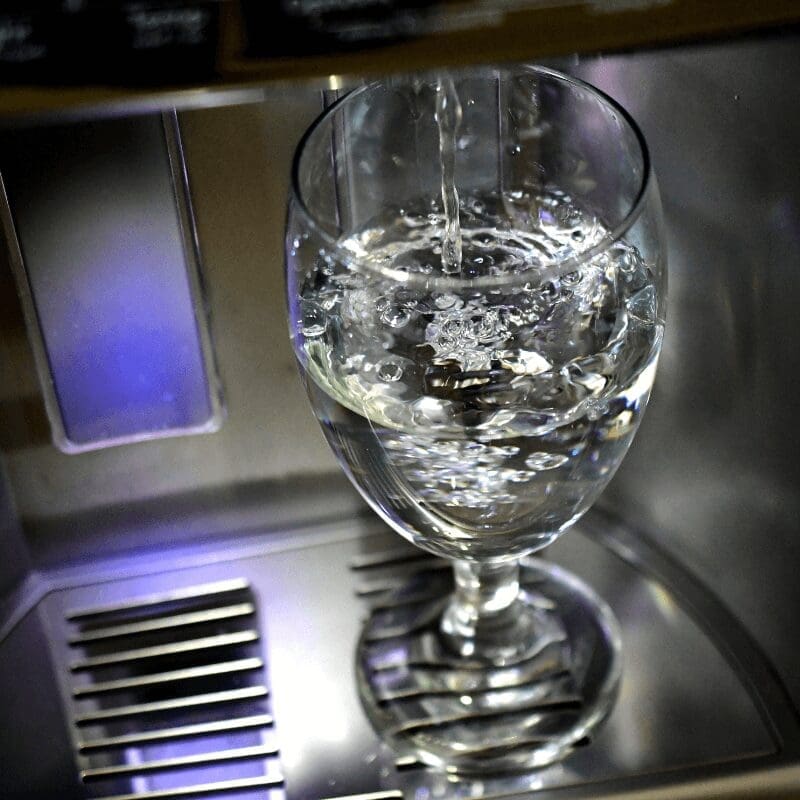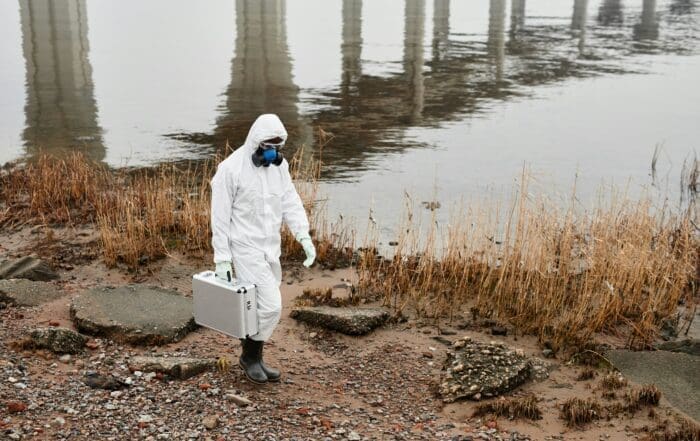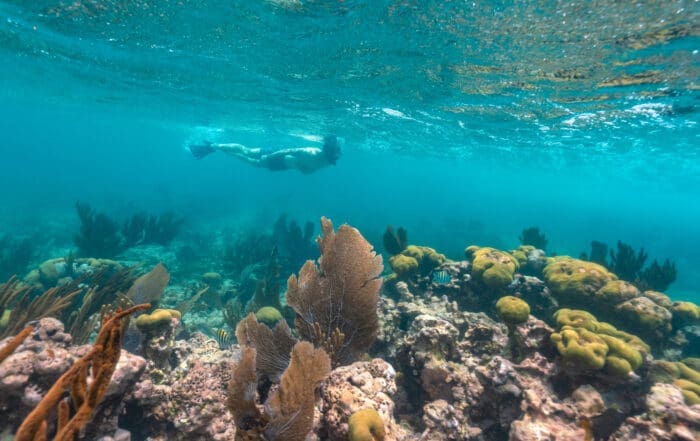
Cost Comparison: Bottleless Water Coolers vs. Traditional Bottled Water
Hydration is the bedrock of good health in the workplace—a fact well-known by today’s health-conscious employers. But beyond knowing that we need to sip regularly, quality and environmental impact are taking center stage in the quest for the best drinking water solutions across all industries.
Today’s companies are moving toward more eco-friendly initiatives, even at the drinking water level. Historically, the 5-gallon jug cooler or cases of bottled water have been the go-to. In fact, your office probably utilizes one or both of these options right now. That’s because both have proven to be effective and reliable and offer peace of mind to employers in areas where tap water quality is questionable. Or they’ve been the go-to option for companies who haven’t taken the time to explore other options.
However, these traditional solutions are becoming tiresome and costly. Not only are they bad for the environment (from production to end consumer), but they’re also expensive to maintain.
If you’re searching for a better solution that’s green in more ways than one, then let’s explore how bottleless water coolers from Artesian Bottleless Water are better than your traditional bottled water setup.
The Problem with Traditional Bottled Water
Plastic water bottles are ubiquitous, but they come with a towering environmental cost. The production, transportation, and disposal of plastic bottles leave a significant carbon footprint, contributing to the mounting crisis of plastic waste that finds its way into our oceans and landfills.
On the health front, the apparent convenience of bottled water is muddied by potential risks. Plastic bottles can harbor harmful chemicals like BPA and pose contamination risks, particularly if stored improperly. Additionally, there are concerns about the actual purity and source of this bottled water, which, in some cases, may not differ significantly from tap water.
Recent reports also suggest that bottled water contains millions of microplastic particles, further suggesting that traditional bottled water has a higher cost that extends well beyond your monthly delivery and service fees.
The Benefits of Bottleless Water Coolers
Switching to a bottleless water cooler brings immediate perks—both economic and ecological. The upfront investment might overshadow the cost of a pack of water bottles but consider the long run. Cost analyses reveal substantial savings over time, especially for large warehouses, distribution centers, medical facilities, or offices where consumption is high.
Additionally, your eco-conscious consumers will be thrilled by the significant reduction in plastic waste and carbon emissions associated with bottleless water coolers. By employing these filtration systems, our coolers provide a seemingly infinite water supply without the recurrent need for delivery trucks, further diminishing the operation’s environmental toll.
Healthwise, bottleless units offer peace of mind via advanced in-built filtration, guaranteeing a continuous stream of clean water for all your employees and guests. This can address concerns over municipal water quality, removing chlorine and other undesirable elements that affect taste and health.

Cost Breakdown: Traditional Bottled Water vs. Bottleless Water Coolers
When evaluating the cost of traditional bottled water setups, it’s important to consider the direct and indirect expenses. On average, a 5-gallon jug of bottled water costs between $7 and $10. Businesses must also factor in a fuel surcharge for two deliveries per month ($2.95-$4.95 per delivery) and the rental costs of the cooler itself ($5-$9 per month). For a typical office that consumes about 10 jugs per month, the expense quickly adds up to $80-$110 per month. With a bottled water service, the more you drink, the more it costs. Additionally, the cost of purchasing and maintaining bottle racks and dispensers adds to the overall expense.
In contrast, renting a bottle-free water cooler provides that same business with an unlimited amount of water at a fixed price and at a fraction of the cost ($55-$75 per month). There is less hassle with renting a bottleless water cooler as well: there are no bottles to change, you never run out of water, it’s more sustainable, reduces plastic cost, and reduces the soft cost of labor to move full and empty bottles. Also, the lingering concern of potential worker’s compensation claims from lifting 42lb bottles is eliminated.
Beyond the clear financial benefits, switching to bottleless water coolers offers further advantages that contribute to long-term cost reductions. Eliminating physical deliveries cuts down on logistical expenses and the risk of disruptions. Additionally, businesses save on storage space and avoid the manual labor involved in handling heavy water jugs, which can translate into lower operational costs and increased productivity.
By transitioning to Artesian’s coolers, your company can enjoy these consistent savings while supporting its sustainability goals. Through significant reductions in plastic waste and carbon emissions, this choice reflects a commitment to both economic efficiency and environmental responsibility.

Save Big When You Switch Today
Switching to a bottleless water cooler from Artesian isn’t just an environmentally sound decision; it’s a strategic financial move that benefits your entire operation. The investment translates into substantial savings, with lower overhead costs and eliminating recurring delivery fees and plastic waste. Your employees will appreciate the access to high-quality, filtered water, contributing to their health and productivity. At the same time, eco-conscious consumers and clients will trust and respect your commitment to sustainability that much more.
Are you ready to make the switch and enjoy the savings? Contact us today to explore our wide range of bottleless water coolers and commercial ice units and take the first step towards a more efficient, cost-effective, and environmentally responsible hydration solution today.



